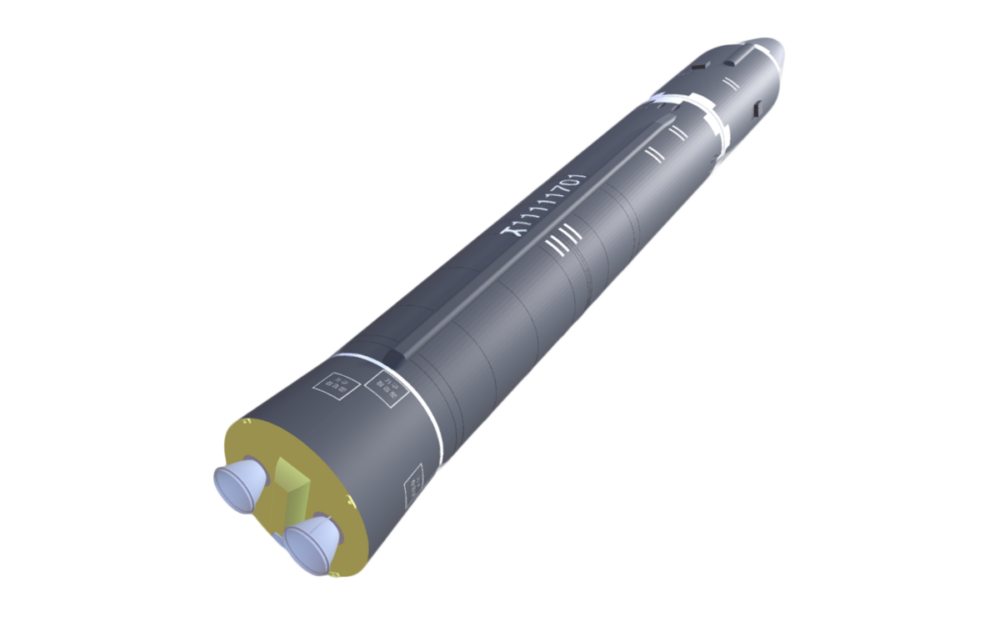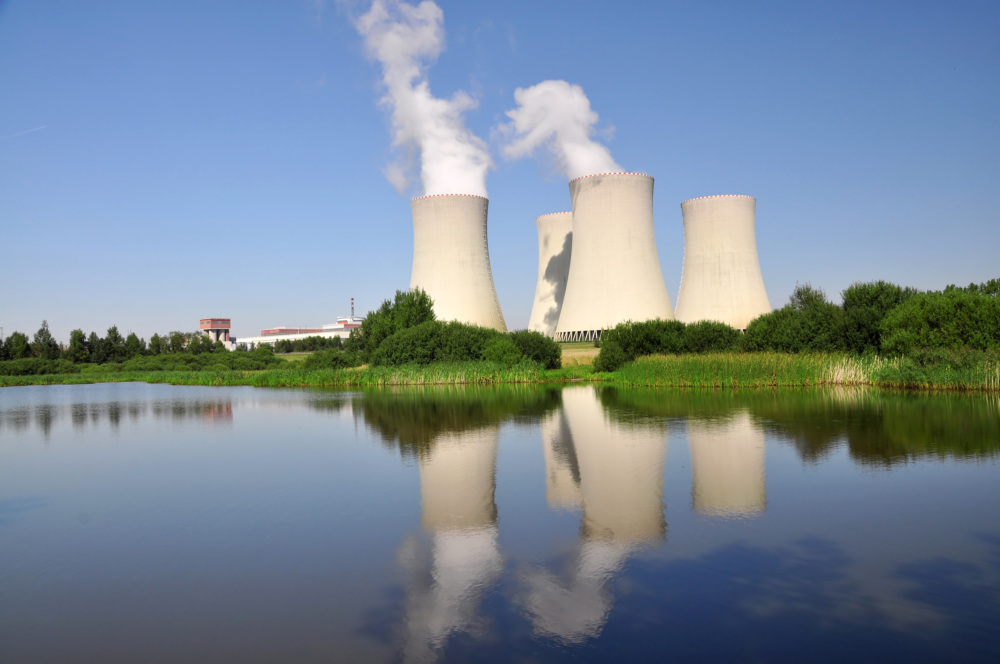
The CNS North Korea Missile Test Database
A collection of missile tests including the date, time, missile name, launch agency, facility name, and test outcome.
ANDREA MITCHELL: The U.S. and Iran have been indirectly negotiating through E.U. intermediaries a possible return to the 2015 Iran nuclear deal for 17 months now. The pact was abandoned by then-President Trump. Now the European Union has presented what it is calling the final proposal that was accepted by negotiators on all sides. But it has to be accepted by one man, the ayatollah, and the rest of the Iranian regime.
Joining us now, Ernest Moniz, former Secretary of Energy during the Obama administration, who was one of the key negotiators of the original deal, is now co-chair and CEO of the Nuclear Threat Initiative. Mr. Secretary, it’s great to see you.
ERNEST MONIZ, FORMER U.S. ENERGY SECRETARY: Hi, Andrea.
MITCHELL: So, we’re on the cusp of maybe something happening, finally, or maybe not. Let’s start talking about the status of the deal. A great deal of starts and stops. We had John Bolton, who has been a vigorous opponent of it from the get-go and is now under threat of assassination as a result of that, saying that you can never trust the Iranians and that it was a bad deal from the start.
Do you think, as reconstituted, this is a good enough deal, and that it is worth it, if Iran does accept it?
MONIZ: Well, Andrea, of course, I have not seen the actual text that the E.U. tabled, but what I understand certainly is that we are probably closer to a possible resumption of the agreement than we thought was the case.
As you have said, there’s no guarantee that we will get across the finish line. But let me say very clearly — and John Bolton and I obviously have different views on this — that I think the agreement was very much in our interest.
When President Trump withdrew from it, it very much complicated the situation, with, frankly, nothing for the United States to gain, as we have seen. Is going back into the agreement in our interest? Well, I would still say it is, because, of course, Iran has built up this enormous nuclear enterprise since President Trump withdrew, and they would have to roll all of that back in the agreement. And, most importantly, they would have to restrict their stockpile of enriched uranium dramatically to 300 kilograms, as we had in the agreement. They’re now up to 60, I don’t know, tons or something. So I think it’s still worthwhile.
But we have to keep in mind that the original intent back in 2015 was always that the JCPOA, the Iran nuclear deal, was a stepping-stone to then build up over years much more pressure and ideally success in addressing our other problems of regional interference and missiles and human rights records.
Well, that was all thrown out the window, again, in 2018 with President Trump’s action. Now, today, as I understand it, the real big hang-up now is whether Iran will agree to work with the IAEA, the international nuclear inspectors, to allow resolution of the uranium particles that have been found in Iran in places where they did not declare it.
That’s an issue for them and the IAEA. I want to emphasize, we have always treated the IAEA as an independent agency, and they are the ones who must set the terms of resolution with Iran. Iran has always insisted upon reinventing history. Our interest in 2015 and I think our interest today is not revisiting that past. We know what they did in the past. The issue is making sure that all nuclear materials are in safeguarded condition under the eye of the international inspectors.
MITCHELL: Now, on a different subject, you have to be familiar, of course, with Zaporizhzhia, the largest nuclear power plant in all of Europe. It was shelled again today, both Ukraine and Russia blaming each other, the State Department calling again on Russia not to have forces there in this nuclear power plant.
What are your concerns, because the inspectors, according to the IAEA, again, have not been able to have eyes on. They don’t know what is happening inside. And there are all sorts of questions about the security and safety, as it’s being used as a fortress by the Russians.
MONIZ: Yes, this is a very, very dangerous situation. And I think there’s no doubt that Russia is to blame for having converted the Zaporizhzhia plant, the largest nuclear plant in Europe, essentially into a military base. And, essentially, the nuclear plant is a hostage that they are using to protect themselves from response by the Ukrainian military.
We have long ago, actually, when the Ukraine incursion by Russia started back in February, very early on, we emphasized that this was a new situation of having a country with a very large nuclear infrastructure in a war zone. And we proposed many things that had to be done through international agreement and norms to resolve the situation.
Unfortunately, Russia has chosen to make it worse. And one thing which is not pointed out, in my view — at least I haven’t heard pointed out — is that Russia has and still aspires to be one of the major nuclear suppliers to a growing nuclear power industry globally, especially as nuclear power expands to address climate change issues.
Well, if Russia ends up, frankly, being the cause of a significant nuclear accident, that aspiration you may as well toss out the window, because it will have an enormous chilling effect on the role that nuclear power can play in addressing climate.
MITCHELL: Well, so many issues really all coming together right there in Ukraine at that enormous nuclear power plant, and we don’t even know how good their containment is compared to American and French and other systems. It’s really pretty horrifying.
MONIZ: And, also, I might say that we know that there’s lots of spent fuel aboveground in so-called dry casks, et cetera. If that was hit with a significant explosive, it would be a major issue, not only locally, but throughout Europe and probably parts of Russia as well.
MITCHELL: Ernest Moniz, it’s very good to see you. Thank you for all of your expertise.
MONIZ: Thank you, Andrea.
Sign up for our newsletter to get the latest on nuclear and biological threats.
A collection of missile tests including the date, time, missile name, launch agency, facility name, and test outcome.
At this critical juncture for action on climate change and energy security, 20 NGOs from around the globe jointly call for the efficient and responsible expansion of nuclear energy and advance six key principles for doing so.
Information and analysis of nuclear weapons disarmament proposals and progress in Belarus
